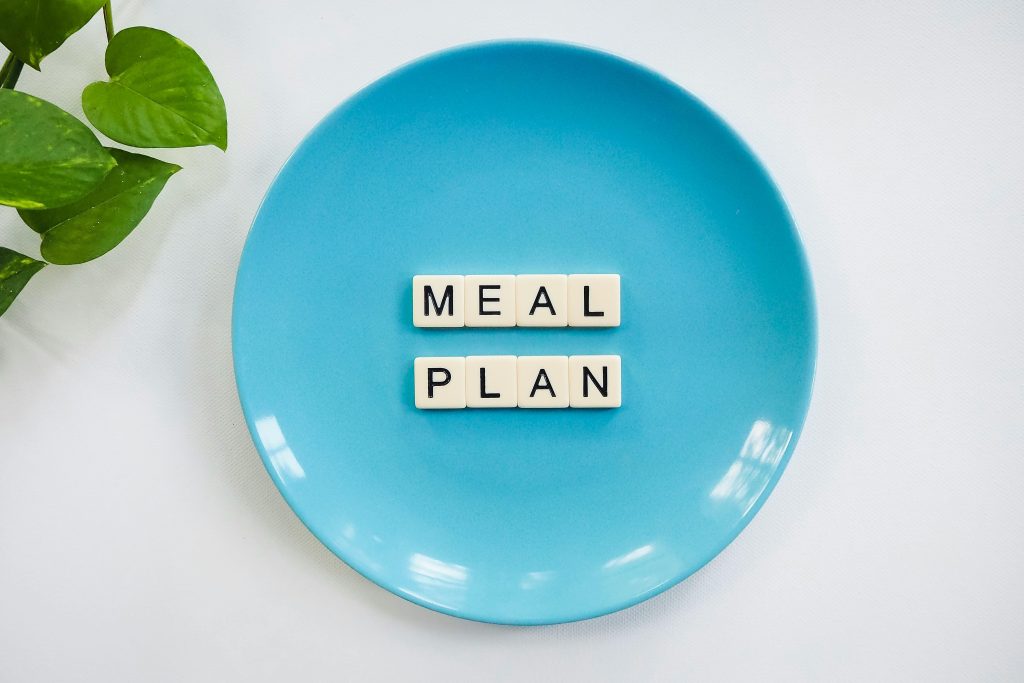

Switching to a plant-based diet is one of the most transformative steps you can take for your health, the environment, and even your energy levels. Yet for many, the idea of giving up favorite foods like cheese, burgers, or creamy desserts feels intimidating. The fear of feeling deprived is one of the biggest barriers for beginners.
The good news? Starting a plant-based diet doesn’t have to feel restrictive. With the right approach, you can enjoy flavorful, satisfying meals and embrace a lifestyle that supports your well-being without feeling like you’re missing out.
In this guide, we’ll explore practical strategies, nutritional tips, and mindset shifts to help you successfully start a plant-based diet and love every bite along the way.
What Is a Plant-Based Diet?
Before diving into strategies, let’s define what a plant-based diet really means.
A plant-based diet emphasizes foods derived from plants, including:
- Fruits and vegetables
- Whole grains like oats, brown rice, and quinoa
- Legumes such as beans, lentils, and chickpeas
- Nuts and seeds for healthy fats and protein
- Plant-based proteins like tofu, tempeh, seitan, and edamame
Unlike strict veganism, a plant-based diet doesn’t always require you to eliminate all animal products. Some people choose to enjoy small amounts occasionally while keeping plants as the focus of every meal.
Health Benefits Backed by Science
A plant-based lifestyle has been linked to:
- Lower risk of heart disease and diabetes
- Improved digestion and gut health
- Healthy weight management
- Reduced inflammation and better energy levels
Shifting toward more plants isn’t just about restriction, it’s about enhancing your health with nutrient-rich, fiber-packed foods.
Step-by-Step Guide to Start a Plant-Based Diet Without Feeling Deprived
1. Transition Gradually
One of the easiest ways to avoid feeling deprived is to take small, consistent steps:
- Start with one plant-based meal a day, like a smoothie bowl or avocado toast.
- Introduce “Meatless Mondays” or any dedicated day to explore plant-based dishes.
- Swap animal products slowly, like using lentils instead of ground beef in tacos.
This gradual approach lets your taste buds adapt, reduces cravings, and makes the lifestyle sustainable.
2. Focus on Abundance, Not Restriction
Feeling deprived often comes from focusing on what you can’t eat. Flip the mindset:
- Explore the variety of colorful produce, think purple cabbage, golden beets, or dragon fruit.
- Create hearty meals with generous portions of veggies, grains, and legumes.
- Experiment with global cuisines like Indian curries, Mediterranean bowls, or Mexican bean dishes that naturally highlight plant ingredients.
By embracing abundance, plant-based eating feels exciting rather than limiting.
3. Learn to Cook Flavorful Plant-Based Meals
The secret to enjoying a plant-based lifestyle is making food delicious and satisfying.
- Stock your kitchen with flavor boosters: garlic, onions, miso, tahini, soy sauce, and nutritional yeast.
- Use herbs and spices creatively: cumin, smoked paprika, turmeric, and chili powder can transform simple vegetables.
- Recreate your comfort foods:
- Cashew cream pasta instead of alfredo
- BBQ jackfruit sandwiches instead of pulled pork
- Black bean burgers topped with guacamole
When your meals are bursting with flavor, you’ll never feel like you’re missing out.
4. Prioritize Protein and Satiety
One of the biggest worries people have about plant-based eating is not feeling full. The solution is protein and fiber:
- Plant-based proteins: lentils, tofu, tempeh, edamame, and seitan
- High-fiber foods: beans, whole grains, chia seeds, and vegetables
- Healthy fats: avocado, nuts, seeds, and olive oil
Combining these elements creates filling meals that sustain your energy and reduce cravings.
5. Prepare for Social Situations
Social events, dining out, or family gatherings can trigger the fear of deprivation. Here’s how to handle them:
- Research restaurant menus ahead of time for plant-friendly options.
- Offer to bring a dish to gatherings so you know there’s something satisfying to eat.
- Communicate with friends and family about your goals, they’re often more supportive than expected.
The more prepared you are, the less likely you’ll feel left out.
6. Allow Flexibility to Avoid Burnout
Perfection isn’t the goal; progress is. Being too strict can backfire, making you feel trapped.
- Use the 80/20 approach: eat plant-based 80% of the time, and allow flexibility for the rest.
- Experiment with alternatives first, but don’t punish yourself for occasional indulgences.
- Focus on consistency over rigidity for long-term success.
7. Keep Meals Exciting
Boredom leads to cravings, so keep your menu fresh and inspiring:
- Rotate seasonal vegetables and fruits for new flavors year-round.
- Join plant-based cooking groups or online communities for recipe ideas.
- Plan theme nights like Taco Tuesday with black bean tacos or Mediterranean Friday with falafel wraps.
The more variety and enjoyment you bring to your meals, the less likely you’ll feel deprived.
Extra Tips for a Smooth Transition
- Meal prep on weekends to avoid last-minute unhealthy choices.
- Read labels carefully, as animal products can hide in unexpected places like sauces or snacks.
- Stay hydrated and eat enough, plants are lower in calories, so you may need slightly larger portions.
- Celebrate small wins, every plant-based meal is a step toward better health and sustainability.
Final Thoughts: Enjoy the Journey, Not Just the Destination
Learning how to start a plant-based diet without feeling deprived is about mindset, creativity, and preparation. By focusing on abundance, embracing flavorful meals, and allowing flexibility, you’ll realize that plant-based eating is a joy, not a sacrifice.
Start with one meal today, discover new ingredients, and let each step bring you closer to better health, higher energy, and a positive impact on the planet. Over time, you’ll wonder why you ever thought this lifestyle could be depriving, it’s actually liberating and fulfilling.


